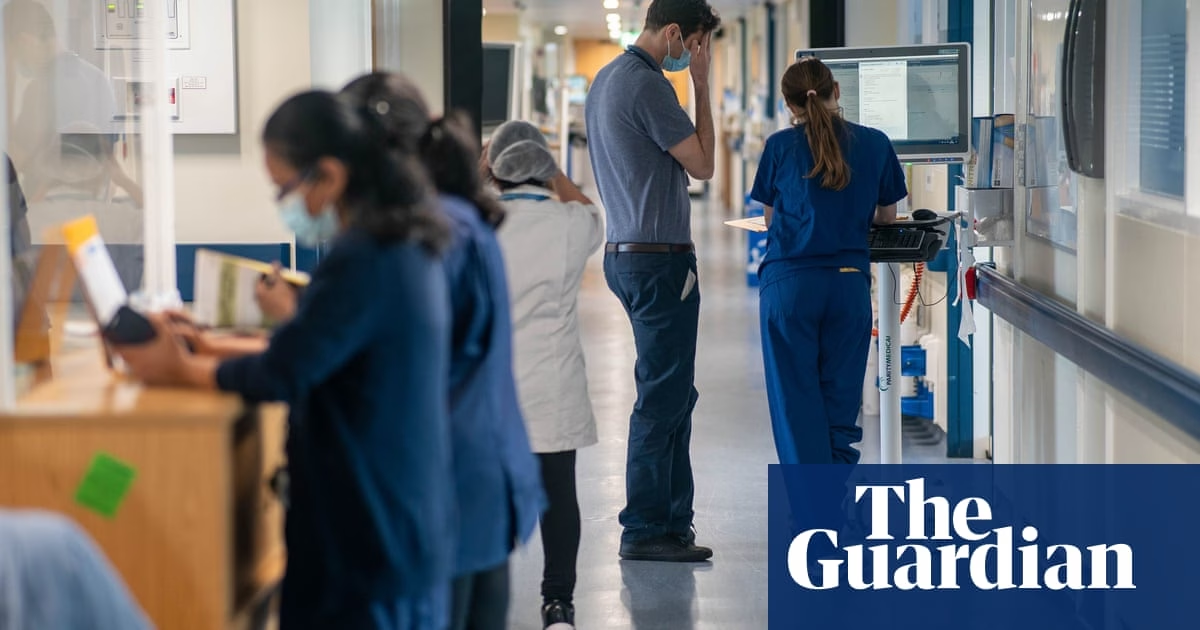The rise of superbugs in the UK has prompted warnings to the government about its ineffective efforts to combat them.
According to the World Health Organization, antimicrobial resistance (AMR), which occurs when pathogens become resistant to antibiotics and other antimicrobials, is considered one of the top global public health and development threats.
Estimates suggest that AMR is already responsible for over 35,000 deaths annually in the UK. The government is said to be far from achieving its goal of containing and controlling AMR, as indicated by the National Audit Office (NAO).
The NAO warns that if urgent action is not taken to address the crisis, the repercussions for health, life expectancy, NHS functioning, and the wider economy will be severe.
A recent report by the NAO on the government’s response to AMR indicates that only limited progress has been made.
While the government acknowledges the issue, it still falls short of its own vision and objectives, which include reducing infection rates, optimizing the use of antimicrobials, and developing new treatments.
Out of five domestic targets set in 2019, only the reduction of antibiotic use in food-producing animals was achieved. Moreover, drug-resistant infections in humans have increased by 13% since 2018, contrary to the target of a 10% reduction.
Gareth Davies, the head of the NAO, emphasizes that antimicrobial resistance poses a significant public health threat and requires a multifaceted approach. While the government is taking action, the results have been limited, and there is a need for increased resilience to this long-term risk.
The Covid-19 pandemic and demographic changes have further complicated the efforts to combat AMR, as patients are now arriving at hospitals with more pre-existing conditions, leading to an increased potential for opportunistic infections.
Crumbling NHS buildings also hinder the ability to maintain cleanliness and isolate infectious patients.
By 2050, it is estimated that 1.91 million people will die worldwide directly due to AMR, increasing from 1.14 million in 2021.
Sir Geoffrey Clifton-Brown, the chair of the Committee of Public Accounts, emphasizes the need for urgent action and public awareness to address the silent pandemic of antimicrobial resistance.
The Department of Health and Social Care acknowledges the seriousness of AMR and claims to have a plan to tackle it, highlighting progress in reducing antibiotic use in meat and pioneering a world-first subscription model to encourage the development of new treatments.








